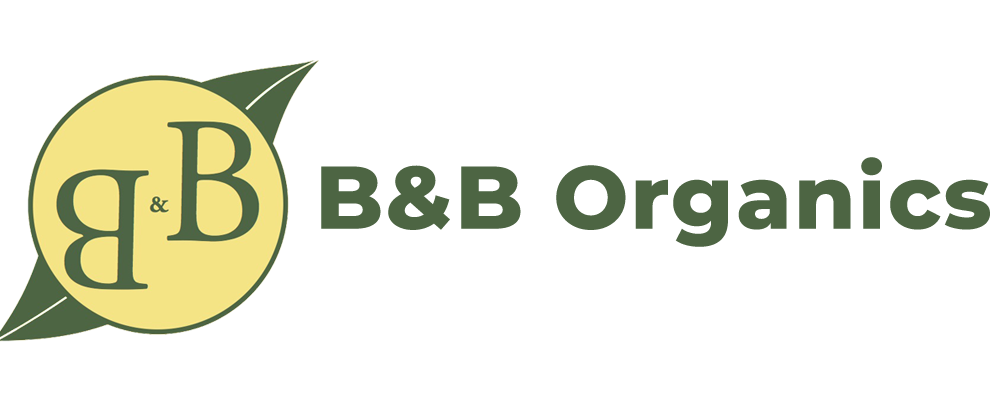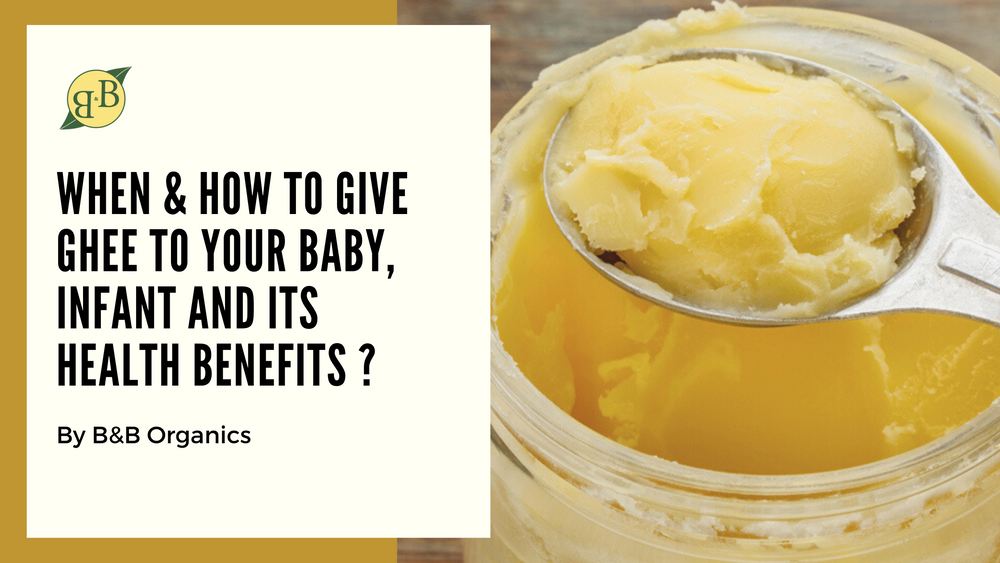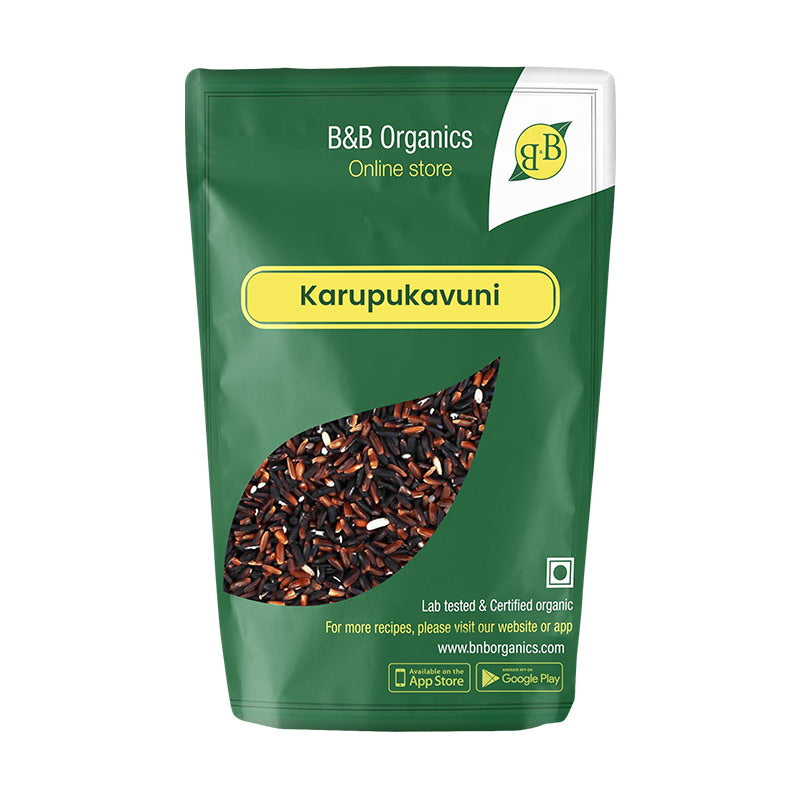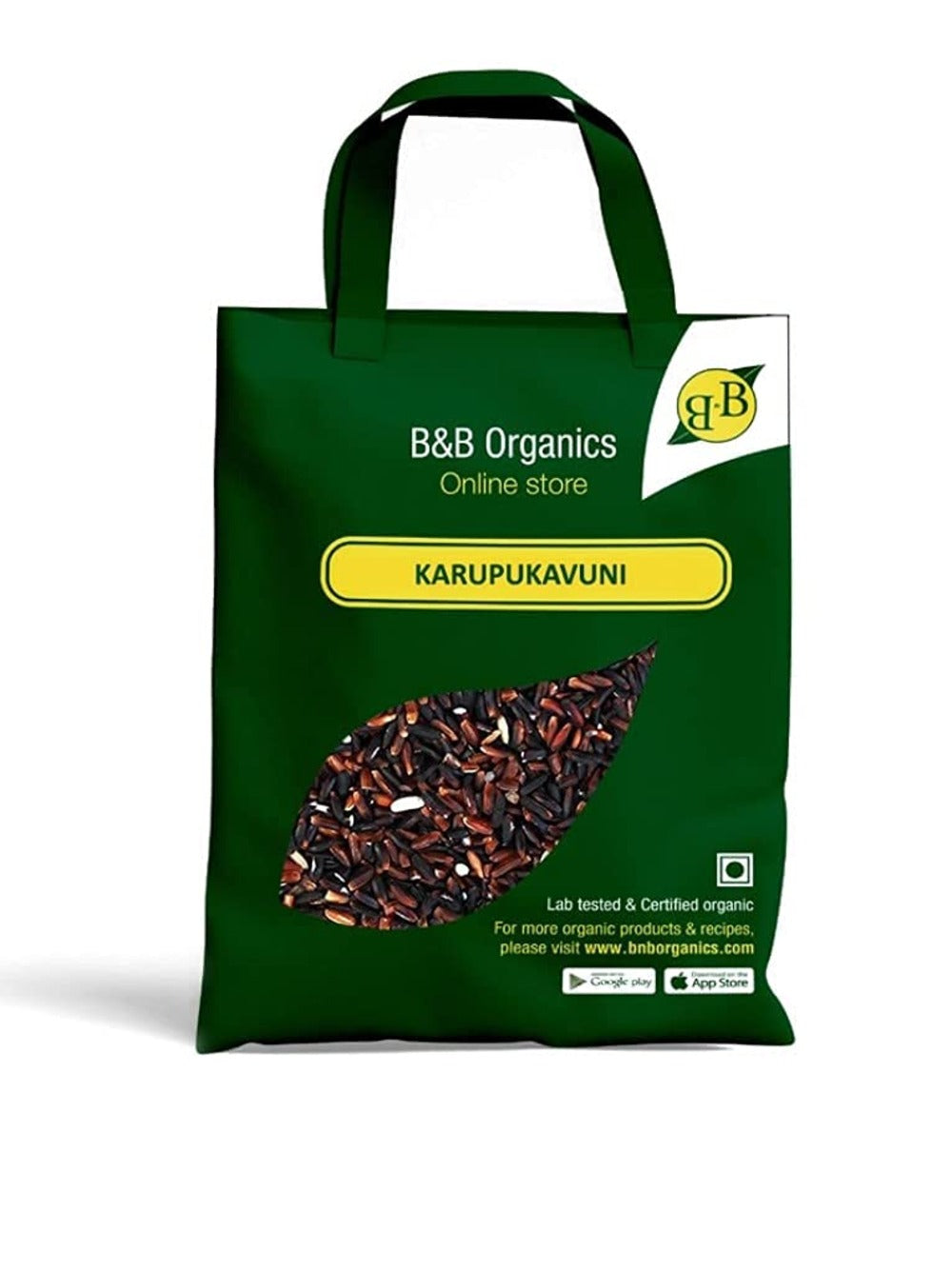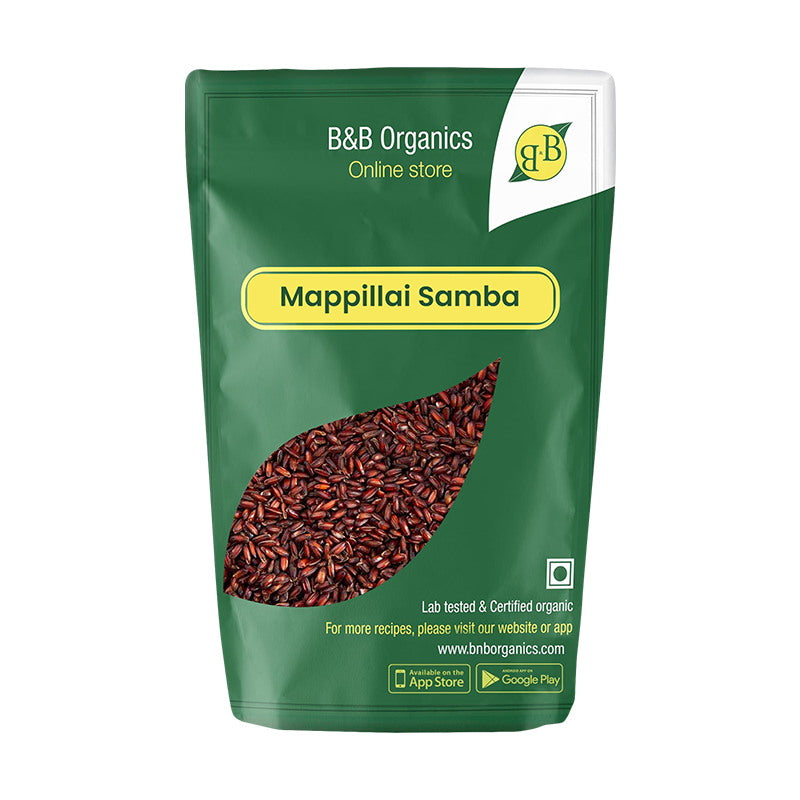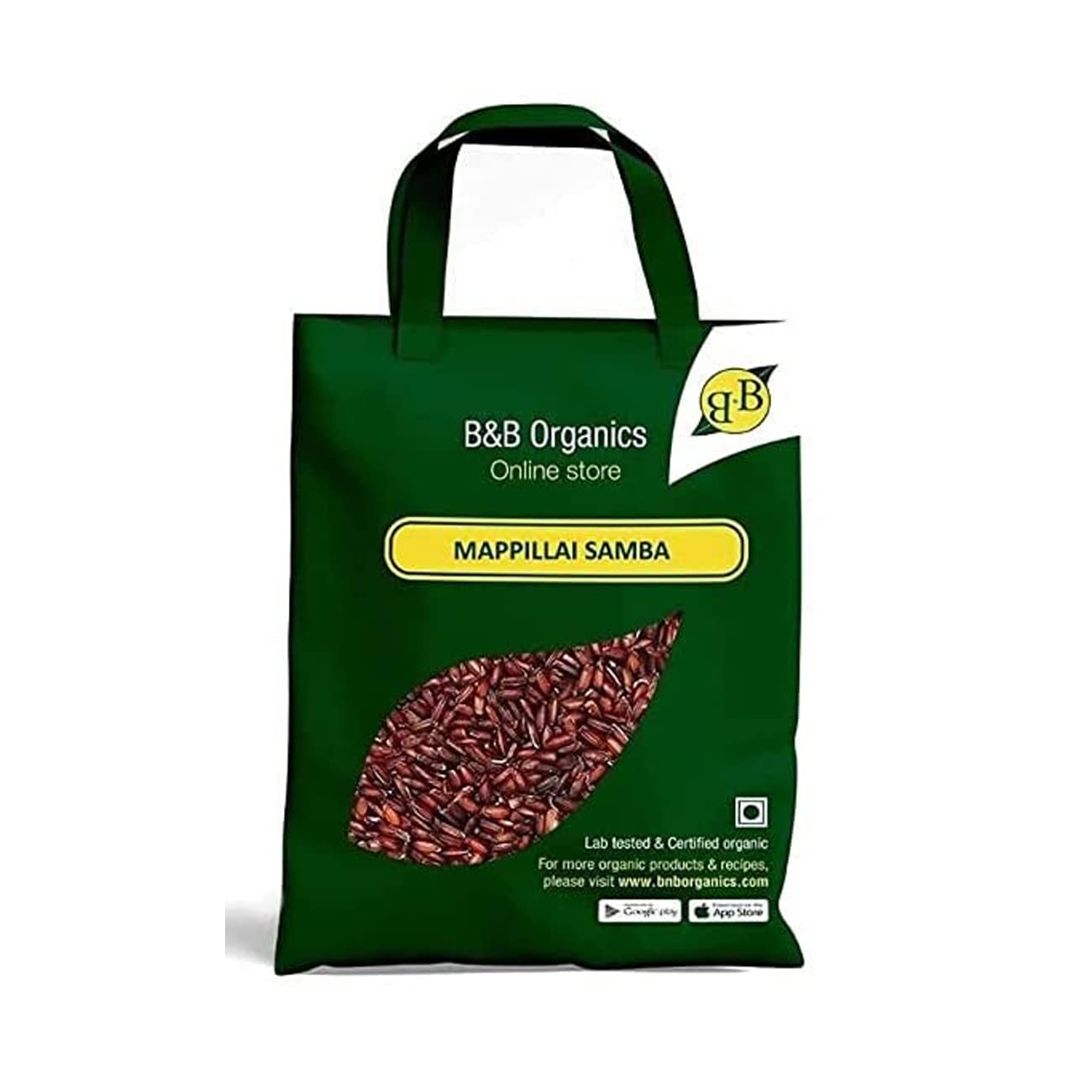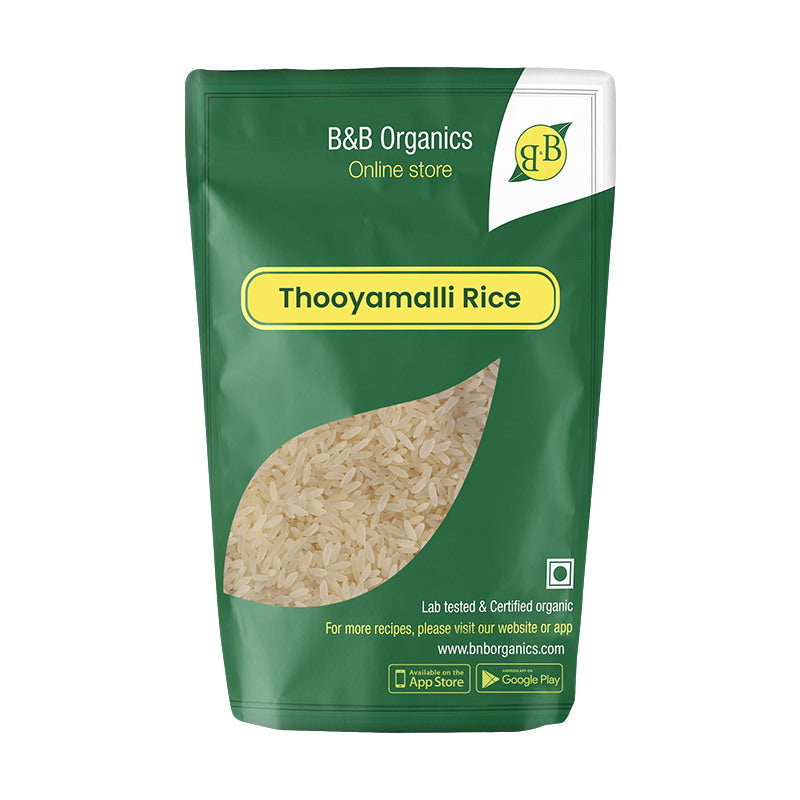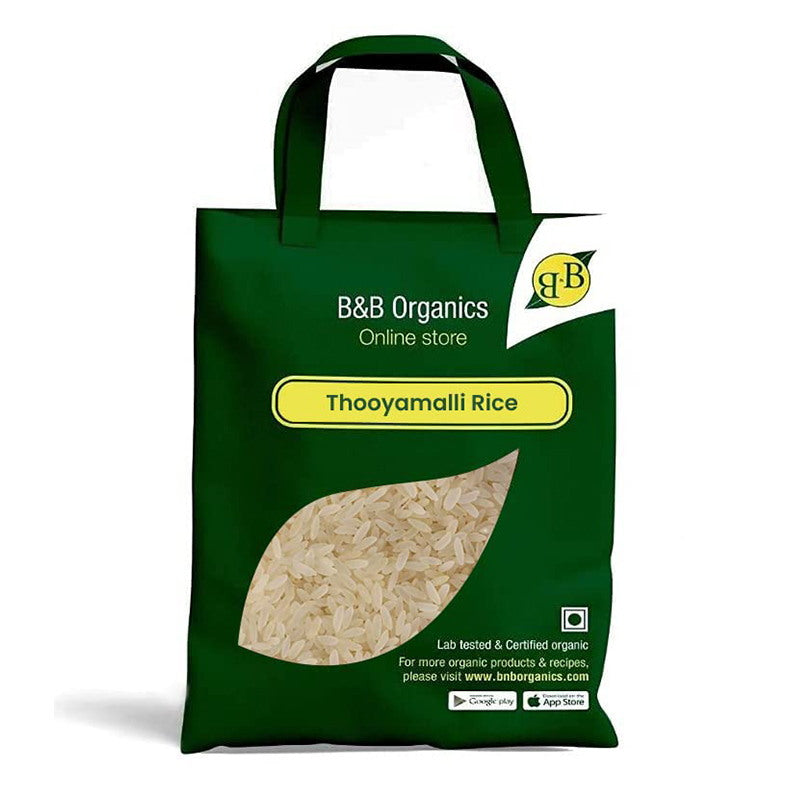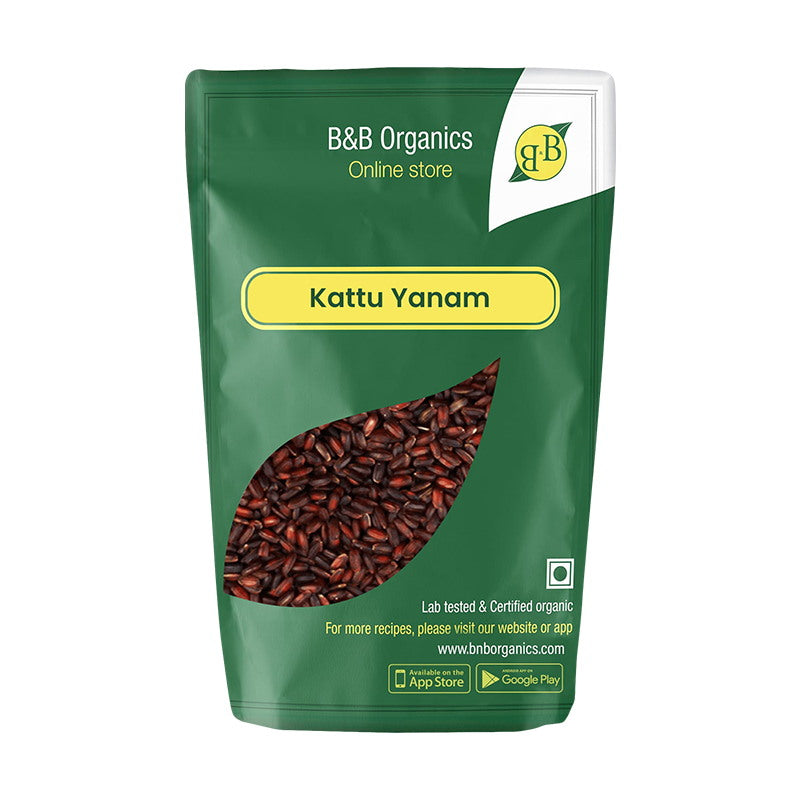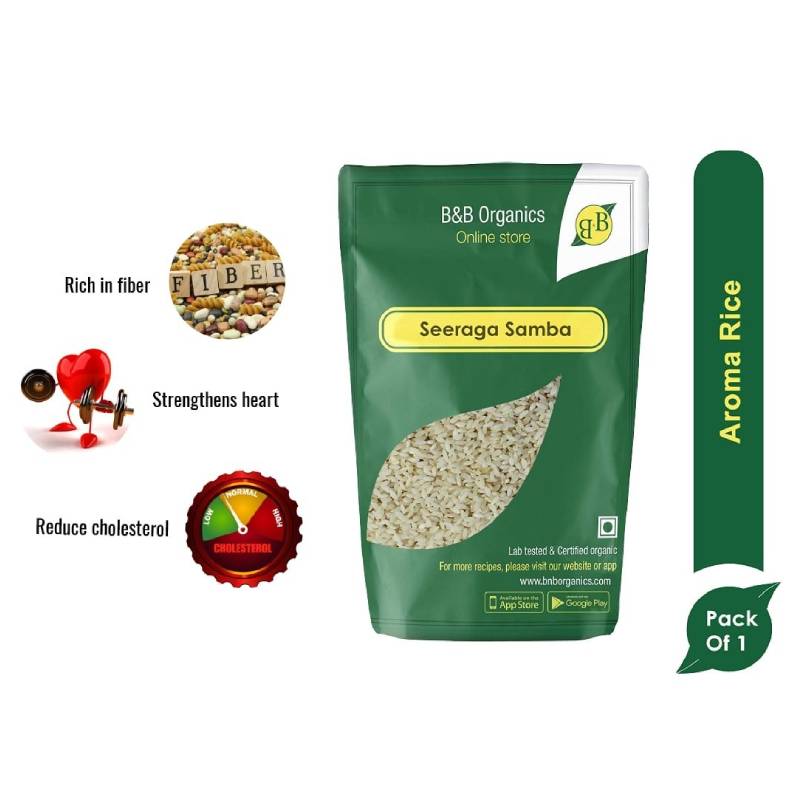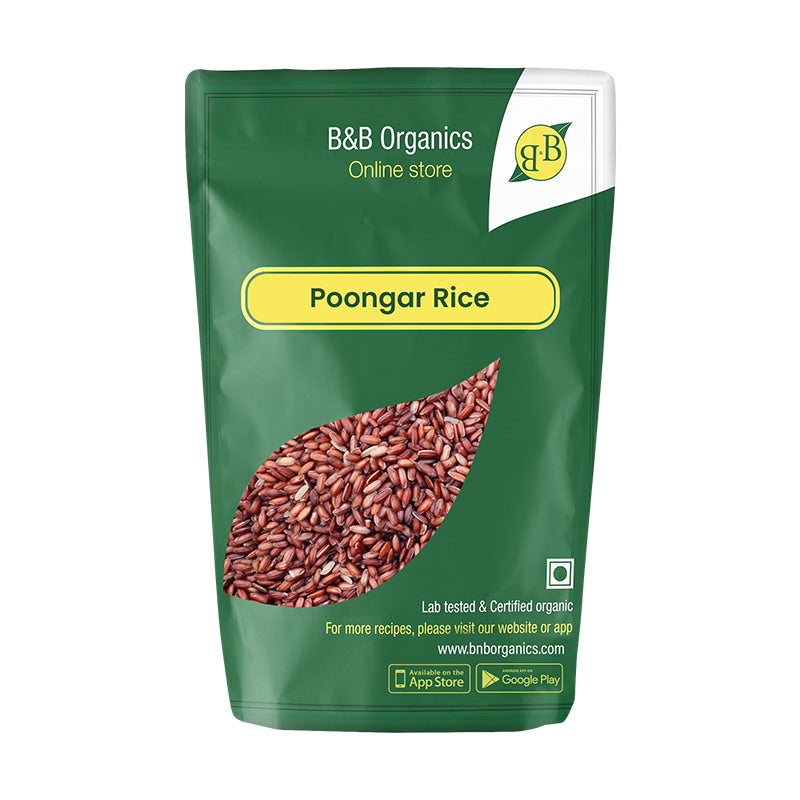The dilemma of what to feed and what to not give your newborn baby begins as they reach 6 months old. Desi ghee is among the foods that must be gradually brought into your baby's diet whereas other foods can be given from the time the weaning starts. Ghee is a miracle ingredient which not only maintains the infant healthy and active and also helps in the development of the child's brain.
What Is Ghee and What Is It Used For?
Clarified butter is known as ghee, and though it's primarily used in India, the West is starting to realise the excellent health benefits of this organic saturated fat for both babies and adults. Ghee is used as a remedy in India in addition to being employed in cuisine. Ghee has a major role in religious rituals and is used for religious purposes such as "havans." The method of boiling milk cream to obtain the liquid solution that produces a brownish behind is still favoured by many families who prefer to produce their own ghee. Although a labour-intensive method, packaged ghee cannot match the taste and aroma of home-made ghee. To reap the most benefits, mothers are frequently seen feeding their babies homemade ghee.
Ghee's Nutritional Value for Infants:

Ghee is an essential fat in addition to the other nutrients, proteins, carbs, and fats that we need. It has a large amount of vitamin A, E, and D and is packed with calories. Ghee also has omega-3s conjugated linoleic acid and butyric acid.
What benefits does ghee have for infants' health?
Ghee has a variety of benefits for a child's health, and we've gathered 8 of them here for you.
Supports Digestion:
Ghee is not only simple to absorb on its own, but it also improves digestion and avoids babies' stomach issues. The child can easily ingest the saturated fatty acids in ghee.
Provides Energy:
Ghee contains a significant amount of saturated fatty acids, which give it endurance and energy. Ghee, particularly the fresh kind made in Indian homes, must be consumed in moderation by your baby to keep them healthy.
Brain growth:
The brain of a baby grows the most during the first five years, and this is the moment to support it as well. Omega-3 fatty acids, which assist in brain growth, are plentiful in ghee.
Increased metabolism:
Rather than keeping the youngster dull and lethargic, ghee aids in boosting metabolism and maintains the kid active.
Aid in baby weight gain:
Ghee, as a saturated fat, also helps in baby weight gain. But, as too much ghee can potentially have bad impacts, only sufficient amounts of ghee must be fed to babies.
Bone wellness:
Being an excellent source of vitamin D, it protects the baby's skeletons strong and healthy.
Suitable for lactose intolerance:

Ghee is a milk byproduct, as it does not include lactic acid, babies who cannot take lactose also can comfortably consume it.
Aids in the treatment of dry skin:
Ghee, which has been utilised for centuries to alleviate dryness, can be used to combat the issue of dry skin in babies.
What Are Ghee's Other Health Advantages for Infants?
Ghee in a baby's diet has other advantages other than just different health benefits. And here they are:
Cough and severe cold:
If a baby has a bad cold throughout a change of seasons, heat 2 tablespoons of ghee with a few garlic cloves till the ghee dissolves and the garlic is just starting to brown. Once letting this mixture cool, you can rub your kid with it. If your child has a cough or a cold, you may have them sniff this.
Reduces Chest Congestion:
Ghee can help infants with chest congestion by easing their breathing. Ghee must only be warmed before cooling. Massage the baby with it once it has completely cooled for a quick relief from infants' chest tightness.
What Ghee Amount Can Give Kids?
A few drops of ghee can be added to their diets after 7 or 8 months.
One spoonful each day is possible after a year. Also, giving homemade ghee is better. Not only does it increase food flavour, but it is also chemical-free.
Is Desi Ghee Safe To Use For Baby Massage?

Sure, you can also rub a newborn baby with ghee. Ghee also has oleic acid, which helps babies' skin become smoother and more supple. Baby massage has several advantages and promotes quicker, better development and growth. Ghee massages also aid in strengthening and keeping the health of a baby's bones.
How is ghee incorporated into a baby's diet?
There are many methods to get desi ghee into your kid's diet. Here are a few tried-and-true ideas for you to explore.
Add a few drops of ghee to the parantha, chapati, or upma you are serving in the morning. Along with smelling like paradise, the plain, simple dish also will make the eater become obsessed with their food due to the improved flavour.
You can either add ghee to their khichdi, rice, or lentils in the afternoon. If you are offering the person paratha, chana masala, and dal, you can also put some ghee on the flatbread.
Also, use desi ghee for frying. For instance, if you wish to feed an omelette to your baby, fry it in desi ghee. This will enhance the taste and give it richer nutrients that are required for growth.
With the help of this article, we hope that you will start feeding your baby ghee, massage your baby with ghee, or even doing both. Stay healthy.
